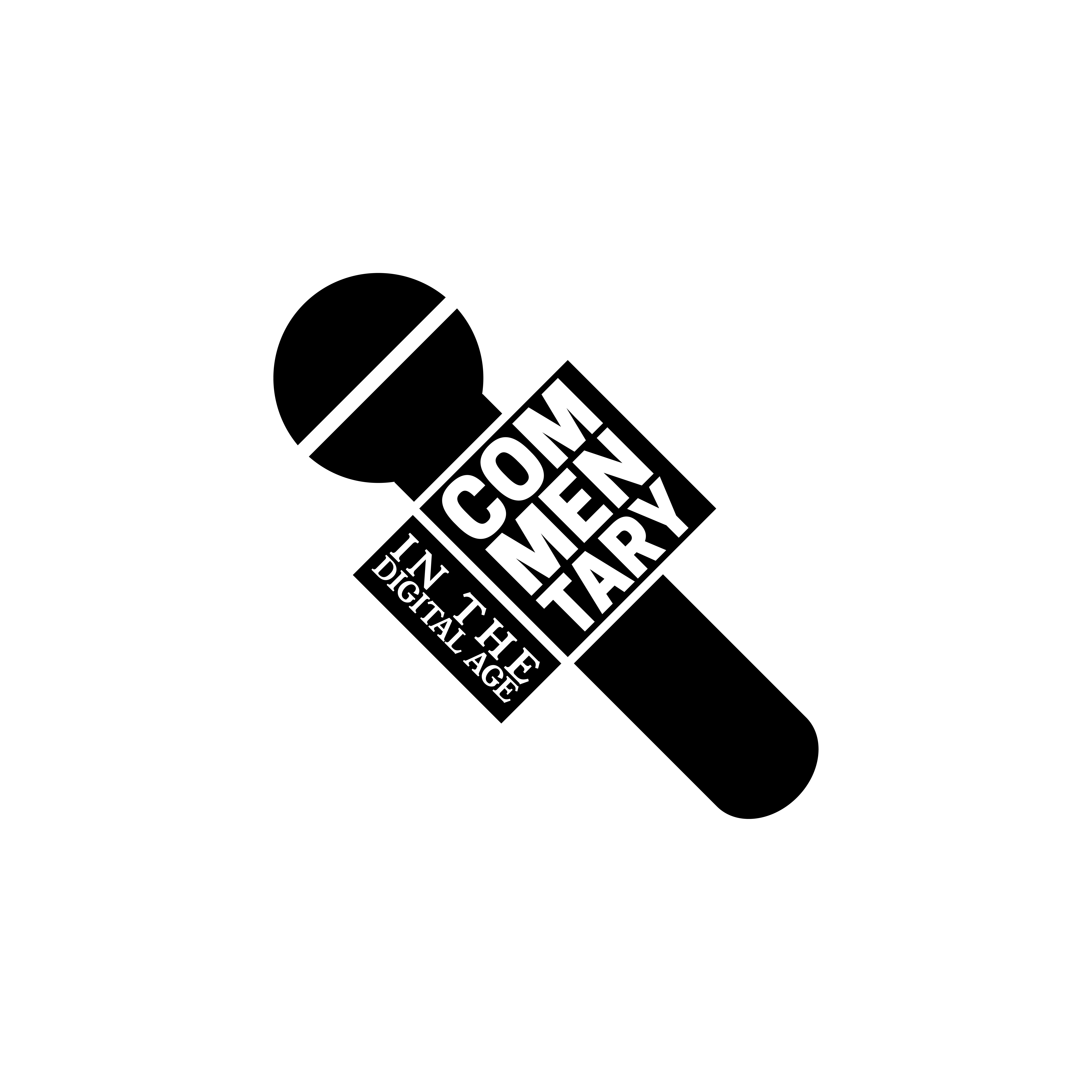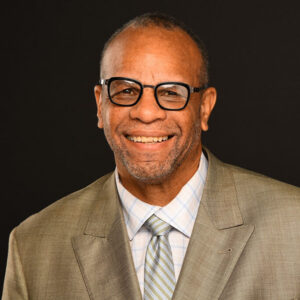Players get cut and coaches get fired.
That’s the way of the world in the National Football League.
I know this intellectually, yet more than a week after Kansas City’s Super Bowl victory over San Francisco, I’m still angry at the way 49ers head coach Kyle Shanahan publicly scapegoated defensive coordinator Steve Wilks.
Two days after San Francisco’s 25-22 overtime loss, Shanahan met with local media and said that he expected his staff to be back. A day later, in a hastily called conference call, Shanahan announced that he had fired Wilks after one season.
Shanahan’s explanation: “It just ended up not being the right fit.”
What exactly does that mean?
Wilks was fit enough to help take San Francisco to the Super Bowl a year after the 49ers were knocked out of the NFC title game. Wilks was fit enough to maintain the 49ers as one of the best defensive units in the NFL.
I’m not sure what irks me the most: that the 54-year-old Wilks, respected around the league as an outstanding, no-nonsense defensive mind, had gotten yet another raw deal or that it was the 44-year-old Shanahan who fired him.
Probably a little of both.

Black coaches in the NFL historically have been on shorter leashes than their white coaching counterparts. Just this season, Philadelphia Eagles head coach Nick Sirianni, in an effort to explain the Eagles’ late-season collapse, fired his two Black coordinators. Offensive coordinator Brian Johnson, credited with developing Jalen Hurts when he was the Eagles quarterback coach, was fired at the end of the season. Defensive coordinator Sean Desai was relieved of his playcalling duties midseason and was also fired after the season.
In 2018, after 23 seasons in coaching, Wilks’ long climb up the coaching mountain was rewarded when was named head coach of the Arizona Cardinals. He lasted one season. After a 3-13 season, Wilks was fired.
In his subsequent lawsuit, Wilks claimed the Cardinals never intended for him to be a long-term answer. In 2022, Wilks returned home to Charlotte as the Carolina Panthers defensive passing game coordinator and secondary coach. He was named interim head coach in 2022 after Matt Rhule was fired after five games. Wilks rallied the team to a 6-6 record in its final 12 games.
He did not get the head job. That went to Frank Reich. Wilks landed in San Francisco and Panthers owner David Tepper fired Reich after 11 games this season.
According to an exhaustive 2022 investigation by the Washington Post, Black coaches face a narrower set of opportunities than their white counterparts to get top coaching jobs, have to serve longer as assistants, are more likely to get interim jobs than full-time jobs and are held to higher standards when it comes to keeping those jobs. According to the Post, from 1990 until 2022, Black coaches, “have been twice as likely as others to be fired after leading a team to a regular-season record of .500 or better.”
Shanahan knows little about that kind of grind. As the son of former NFL head coach Mike Shanahan, Kyle was born with a silver spoon in his mouth. He had to stand in line, but the line he stood in was much shorter.
Kyle Shanahan was 29 years old when he got his first offensive coordinator’s job.
Wilks didn’t get his first job as a coordinator until he was 48.

Kyle Shanahan was heralded as an offensive genius as the Atlanta Falcons offensive coordinator. He survived a rough first season and helped Atlanta reach the Super Bowl LI during the 2016-17 season. In that game, Atlanta famously blew a 28-3 fourth-quarter lead and Shanahan was criticized for his playcalling. He was rewarded by becoming the 49ers head coach. After two losing seasons, Shanahan led San Francisco to the Super Bowl LIV where the 49ers blew a 20-10 lead to Kansas City and lost 31-20.
Robert Saleh, the 49ers defensive coordinator in that game, was not fired. Instead, he became the New York Jets head coach. San Francisco lost to the Eagles last season in the conference championship game. Shanahan was given a pass because his starting quarterback, Brock Purdy, was knocked out of the game and the 49ers did not have an adequate replacement.
So why was Wilks summarily fired three days after a Super Bowl loss in which the 49ers defense created two turnovers — forced a fumble and intercepted Patrick Mahomes — and held the Chiefs to one touchdown in regulation? Was there a confrontation? A blow up? Did Shanahan cross the line in how he spoke to Wilks?
Rod Graves, the executive director of the Fritz Pollard Alliance, said he was puzzled, not only by the timing of Wilks dismissal but by Shanahan’s choice of words to explain the dismissal.
“When it happens like that, it just points to other issues,” said Graves, who served as vice president of football administration for the Jets and general manager for the Arizona Cardinals.
He knows red flags when he sees them.
“I’ve been in it long enough to know that there are other things that go on behind the scenes that most people have no idea about. I just wonder what could that have been,” Graves said. “You don’t get fired after one year for philosophical differences. There’s definitely something else there and it definitely needs to be called out.”
During the broadcast of the last quarter and overtime of the Super Bowl, commentators noted that Shanahan used a timeout because he didn’t like Wilks’ coverage call during a critical play. When the camera cut to Shanahan, he could be seen screaming into the headset. Was he excoriating Wilks and telling him to call another defensive play?
Had this kind of second-guessing been going on throughout the season? If so, had Wilks been second-guessed and doubted all season long? Hence Shanahan’s conclusion that Wilks wasn’t “the right fit.”
“I just think under the circumstances, that when it happens like that, it just points to other issues,” Graves said. “I mean, especially on the basis of philosophical differences. Because that’s what you try to weed out in the interview process. You might make a lot of mistakes, but philosophy ain’t one of them. You don’t get fired after one year on philosophical differences.”

Wilks’ dismissal comes at the end of a hiring cycle in which three African American head coaches were added: Jerod Mayo in New England and Raheem Morris in Atlanta. In Las Vegas, Raiders players advocated for interim coach Antonio Pierce, who got the job.
When I spoke with Wilks during Super Bowl week, he went out of his way to praise the York family, which owns the 49ers, for even giving him the opportunity to be the team’s defensive coordinator. The organization had every reason not to.
In 2022, Wilks became part of a class action discrimination lawsuit against the NFL filed by Brian Flores, the former Miami Dolphins head coach and current Minnesota Vikings defensive coordinator. The suit accuses the NFL of discriminatory practices when it comes to hiring and firing Black candidates.
The York family signed off on hiring Wilks.
Graves didn’t think Wilks’ firing was a racial issue, though he admitted, “It’s always a challenge to separate race as an underlying factor in situations like these.
“Given the 49ers history of hiring Blacks and other persons of color as coaches and front-office executives, it’s unlikely that the decision was racially motivated,” he said. But Graves added that he found Shanahan’s assertion that Wilks was not a “right fit” worrisome.
“We know Steve Wilks to be a great professional and a very competent coach,” Graves said. “In my opinion, there had to be other factors that led to his dismissal. Factors that go beyond philosophy and fit.”
When will the organization decide that it’s Kyle Shanahan who doesn’t fit? Probably not for quite a while. Protected by his father’s name and his relationship with team president John Lynch, Kyle Shanahan will be free to keep making poor decisions in prime time until he gets it right or gets it wrong enough times that his tenure becomes untenable.
What happens next season when the 49ers don’t reach the conference title game? Who gets the blame then? The new coordinator? The defensive backs coach? The team chaplain? These things catch up with you: Players get cut, coaches get fired.
We don’t know where or when the odds will catch up to Kyle Shanahan.
I just want to be there when it happens.


